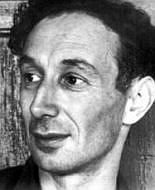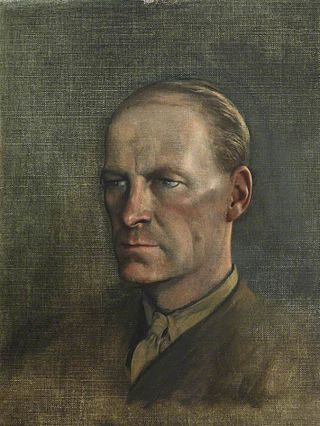This is a list of articles in analytic philosophy.
- A. C. Grayling
- Actualism
- Alfred Jules Ayer
- Aloysius Martinich
- Analysis
- Analytic philosophy
- Analytic reasoning
- Analytic–synthetic distinction
- Arda Denkel
- Arthur Danto
- Australian Realism
- Avrum Stroll
- Begriffsschrift
- Berlin Circle
- Bernard Williams
- Bertrand Russell
- Brainstorms
- Breaking the Spell: Religion as a Natural Phenomenon
- C. D. Broad
- Cahiers pour l'Analyse
- Carl Gustav Hempel
- Charles Sanders Peirce
- Chinese room
- Cognitive synonymy
- Contemporary Pragmatism
- Contrast theory of meaning
- Cooperative principle
- Cora Diamond
- Daniel Dennett
- Darwin's Dangerous Idea
- David Braine (philosopher)
- David Kellogg Lewis
- Depiction
- Descriptivist theory of names
- Dialectica
- Direct reference theory
- Doctrine of internal relations
- Donald Davidson (philosopher)
- Doxastic logic
- Elbow Room (Dennett book)
- Elliott Sober
- Erkenntnis
- Ernst Mach
- Eternal statement
- F. C. S. Schiller
- Family resemblance
- Felicity conditions
- Form of life (philosophy)
- Frank P. Ramsey
- Freedom Evolves
- Friedrich Waismann
- G. E. M. Anscombe
- George Edward Moore
- Gilbert Ryle
- Gottlob Frege
- Gricean maxims
- Gustav Bergmann
- Hans Hahn
- Hans Reichenbach
- Hans Sluga
- Harvey Brown (philosopher)
- Herbert Feigl
- Holism
- Hypothetico-deductive model
- Indeterminacy of translation
- Introduction to Mathematical Philosophy
- Isaiah Berlin
- J. L. Austin
- Jeff Malpas
- Jerry Fodor
- John Hick
- John Rawls
- John Searle
- John Wisdom
- Jules Vuillemin
- Karl Menger
- Kit Fine
- Kurt Grelling
- Kwasi Wiredu
- Language, Truth, and Logic
- Logical atomism
- Logical form
- Logical positivism
- Lorenzo Peña
- Ludwig Wittgenstein
- Mark Addis
- Mark Sacks
- Max Black
- Mental representation
- Metaphor in philosophy
- Michael Dummett
- Michael Tye (philosopher)
- Modal realism
- Moritz Schlick
- Naming and Necessity
- Nelson Goodman
- Neurophilosophy
- Nonsense
- Norman Malcolm
- Oets Kolk Bouwsma
- Olaf Helmer
- Olga Hahn-Neurath
- On Certainty
- On Denoting
- Ordinary language philosophy
- Original proof of Gödel's completeness theorem
- Ostensive definition
- Otto Neurath
- P. F. Strawson
- Paradox of analysis
- Paul Churchland
- Paul Grice
- Per Martin-Löf
- Peter Hacker
- Peter Simons
- Philipp Frank
- Philippa Foot
- Philosophical analysis
- Philosophical Investigations
- Philosophy of engineering
- Philosophy of technology
- Pieranna Garavaso
- Postanalytic philosophy
- Preintuitionism
- Principia Ethica
- Principia Mathematica
- Private language argument
- Process philosophy
- Radical translation
- Ramsey sentence
- Richard von Mises
- Robert Audi
- Rose Rand
- Round square copula
- Rudolf Carnap
- Rupert Read
- Ryle's regress
- Speech act
- Stephen Laurence
- Susan Stebbing
- The Bounds of Sense
- The Logic of Scientific Discovery
- The Mind's I
- Theodore Drange
- Tore Nordenstam
- Tractatus Logico-Philosophicus
- Two Dogmas of Empiricism
- UCLA Department of Philosophy
- Use–mention distinction
- Verification theory
- Verificationism
- Victor Kraft
- Vienna Circle
- Wilfrid Sellars
- Willard Van Orman Quine
- William James Lectures
- William L. Rowe
- William W. Tait
- Wolfgang Stegmüller
- Word and Object
- Zeno Vendler
- Þorsteinn Gylfason









